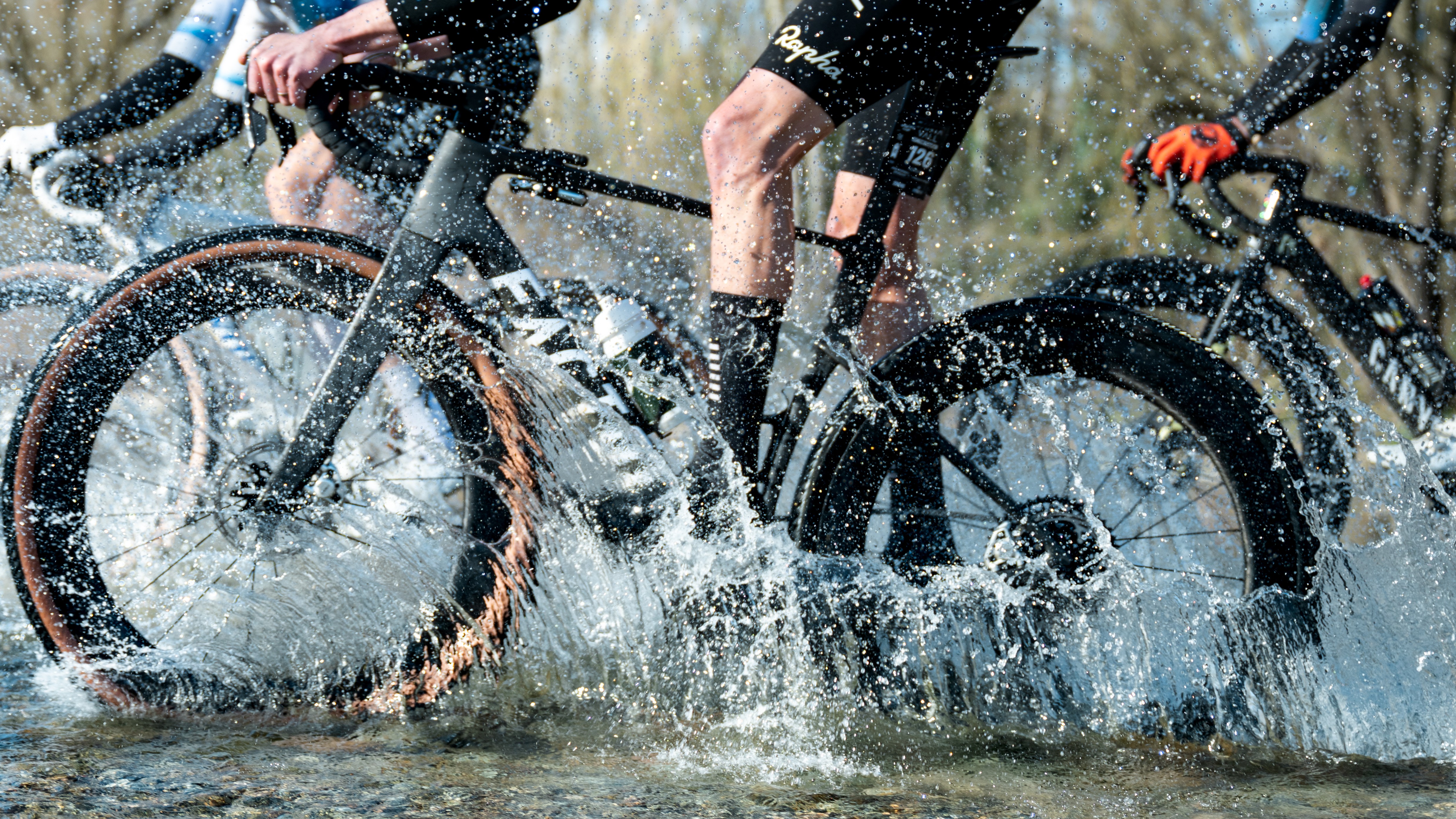Gesink still aiming high despite rocky years
Dutch rider aiming at Giro d'Italia, Olympics in 2016
The latest race content, interviews, features, reviews and expert buying guides, direct to your inbox!
You are now subscribed
Your newsletter sign-up was successful
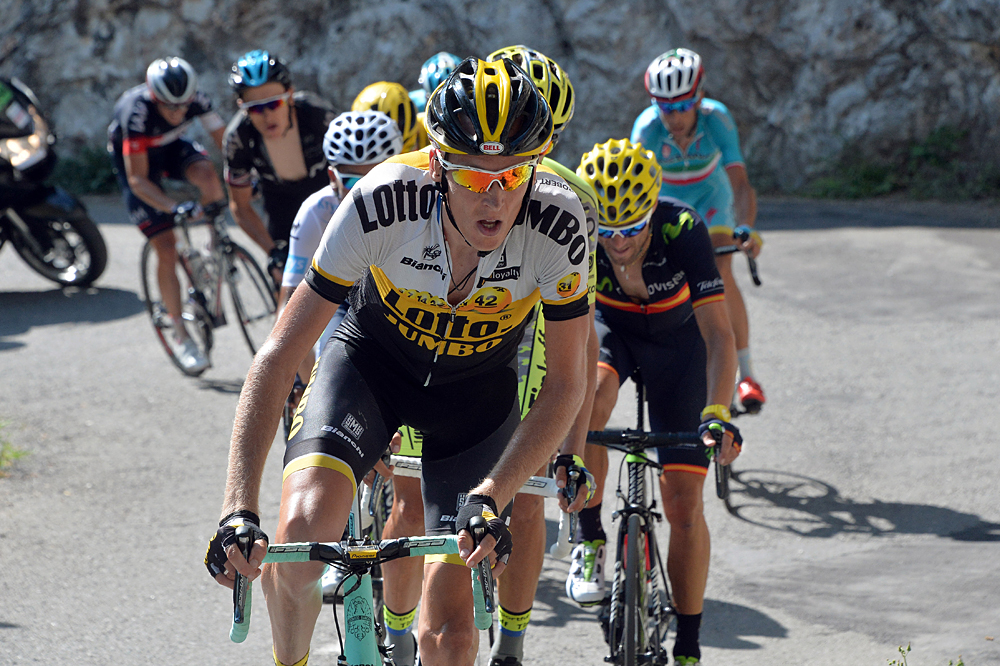
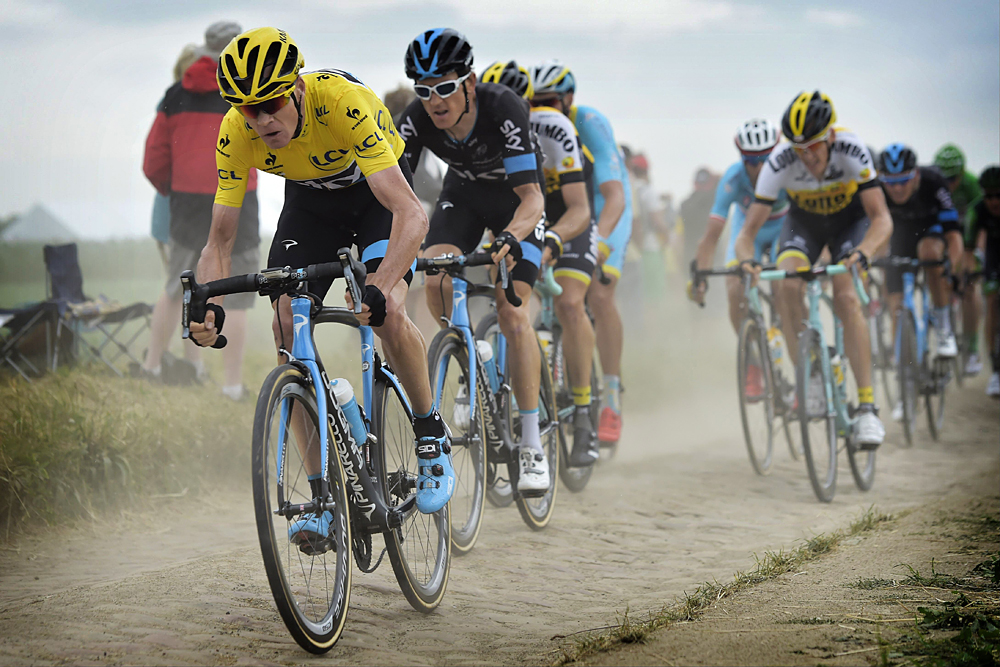
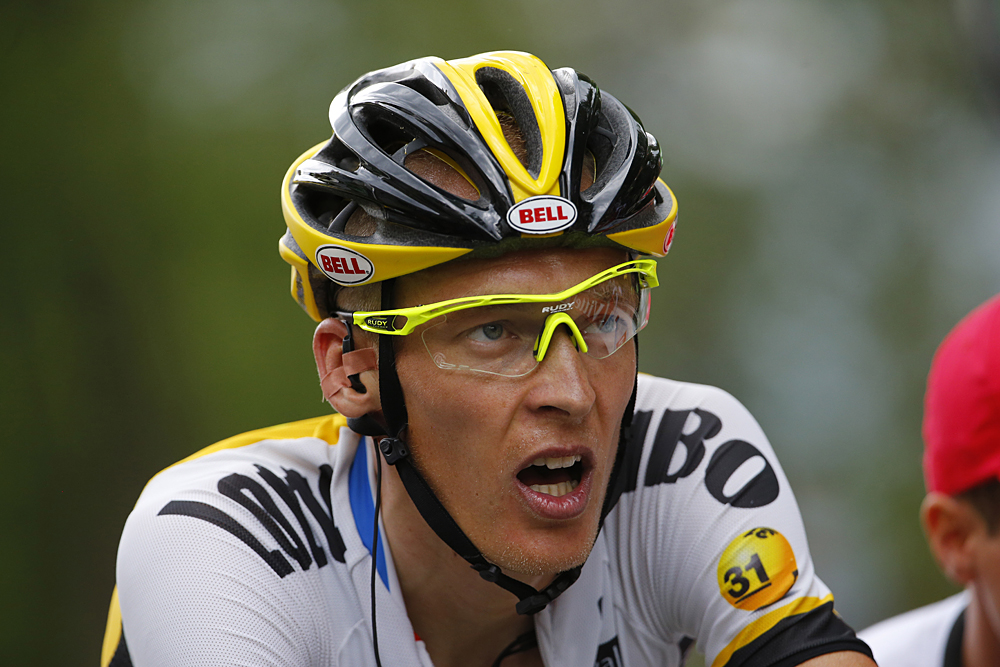
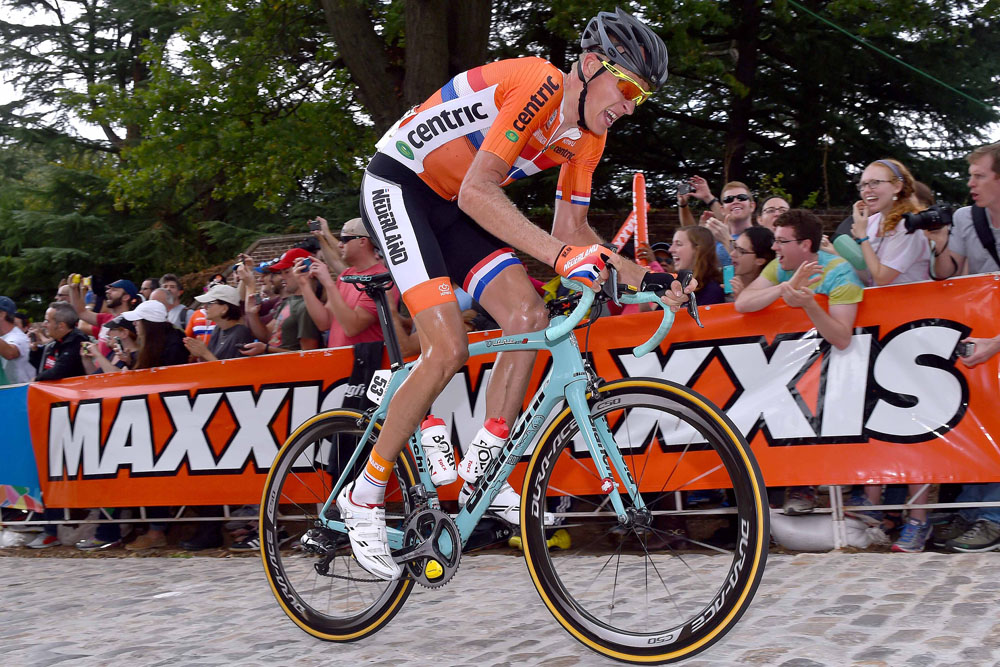
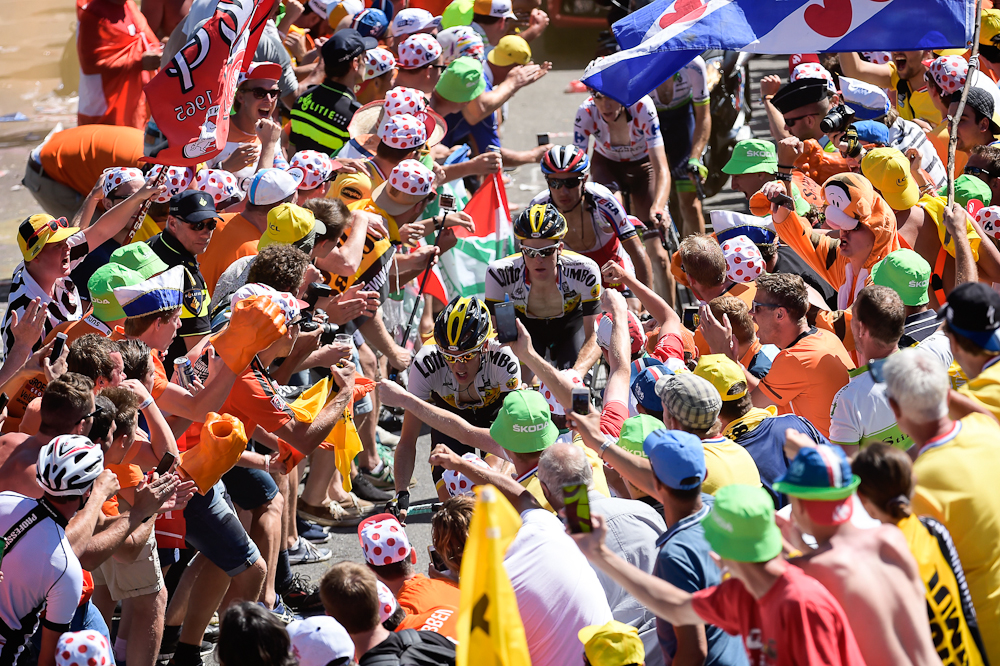
When Robert Gesink notched up a top 10 in his first Grand Tour, the 2008 Vuelta a Espana, the Dutch public began quietly hoping he would be their next great GC rider since Joop Zoetemelk. When Gesink came sixth overall in the 2010 Tour de France (he was elevated to fourth after doping disqualifications of Alberto Contador and Denis Menchov) and wore the white jersey for five days, those hopes became belief.
Gesink targeting Tirreno-Adriatico, Ardennes and Tour de France
Kelderman and Gesink lead LottoNL-Jumbo at the Tour de France
Tour de France: Gesink on track for top 10 overall
Robert Gesink’s Tour de France Bianchi Specialissima
News shorts: Gesink abandons Tour de Pologne with fatigue
Since that year, a series of personal hardships, illnesses and injuries have kept Gesink from fulfilling his earlier promise, but they have not shaken his confidence or his desire to target big goals. Not yet 30, he has already suffered the sudden, tragic death of his father in 2010, a shattered femur in 2011, a nearly career-ending heart arrhythmia that required surgery in 2014 and then this winter his partner had serious complications with her pregnancy that had Gesink at her side in the hospital rather than training.
"It's been a strange season again," Gesink said to Cyclingnews ahead of the World Championships in Richmond. "I started really bad. Last winter my girlfriend was pregnant with our second child and there were a lot of complications during the pregnancy. I was in the Vuelta a Espana in a very good position, and I had to go home because things weren't good with the baby. In the end I'm happy I went home. It's a long story, but everything went well. But it was really a critical situation.
"But I already started this season really tired because of this situation. I was driving up and down to the hospital for two months instead of training. That's one of the main reasons I had a knee injury in the first part of the season. After all this, my son was born in January this year, but then I tried to make up three months of training in one month."
Despite the rocky winter and the early-season knee injury, Gesink was able to get himself back on track, showing good form at the Tour of California in May. He then remained in the States with his family to prepare for the Tour de France at altitude, using the roads of Lake Tahoe, Mammoth Lakes and Big Bear Lake as a combination of training and family excursion.
"Training in America was quite different from preparing for the Tour in Europe," he said. "I brought the family, and it's like a completely different world. Over here you can focus on family and training much more than Europe. There, there's always something you have to do or somewhere to have to go. So that was a good combination. Also, in the past I had good results over here racing in America and Canada as well. It's bringing back the good feeling."
Putting the hard times behind him and coming into a challenging Tour de France with a healthy body and strong mind was perhaps even more important than arriving at peak form. "I've been pro for a lot of years now, and I know what I have to do to be good. Maybe even more important is that you're fresh in your head. The Tour de France is three weeks, so focus and the ability to find the right combination between family and training - if you're fresh and ready to get the maximum out of your body. That's even more important than for instance doing an altitude camp without family, just you and your teammates all day focusing on cycling. That's different than having a fun time with your family and doing good training as well."
The latest race content, interviews, features, reviews and expert buying guides, direct to your inbox!
Even with a substandard winter, Gesink exceeded expectations in the Tour de France, in particular on stage 10 - the first day in the mountains where Chris Froome decimated the field. Finishing fourth, Gesink came in well ahead of pre-race favourites like Alberto Contador, Tejay van Garderen and Vincenzo Nibali. He slowly climbed the GC ladder until landing sixth overall in Paris, the top Dutch rider once more.
"It has been also a strange season, and of course being really good in the Tour - you make that goal and then the dip after is even bigger because I never expected to be that good again," he admitted.
Since the Tour, Gesink put in good work for his LottoNL-Jumbo team, and although the Canadian WorldTour races did not quite go his way, he attacked numerous times for the Dutch squad in Richmond, and then rode to a solid 11th place in Il Lombardia.
In 2016, he hopes to take aim at the Giro d'Italia - a race no Dutch rider has ever won. This year the race begins in the Netherlands, with three stages beginning with a 9.8km time trial in Apeldoorn. He then would like to take a new approach to the Tour de France, looking for stage wins rather than the GC, before setting his sights on the Olympic Games in Rio.
Gesink would be excused if he felt afraid to aim high after being shot down by his life's many setbacks, but he hasn't let any of his troubles get in the way of his optimism.
"A lot of times in the past things have gone wrong, but I like to focus on the things that did go right," Gesink said. "I focused on the races in Canada a few times and did great then. I've been five times top 10 in Grand Tours I've focused on. Sometimes things haven't worked out as planned, but I'm not a quitter. I'll keep on targeting big goals. Sometimes you'll be not as good as you hoped for, and you let yourself and others down. But you try again and always one time it will work out the way you want it to be."

Laura Weislo has been with Cyclingnews since 2006 after making a switch from a career in science. As Managing Editor, she coordinates coverage for North American events and global news. As former elite-level road racer who dabbled in cyclo-cross and track, Laura has a passion for all three disciplines. When not working she likes to go camping and explore lesser traveled roads, paths and gravel tracks. Laura specialises in covering doping, anti-doping, UCI governance and performing data analysis.
